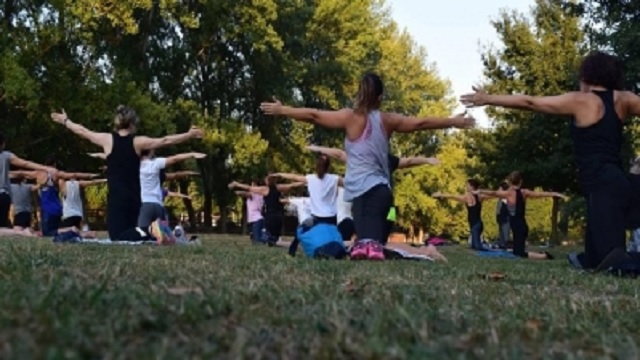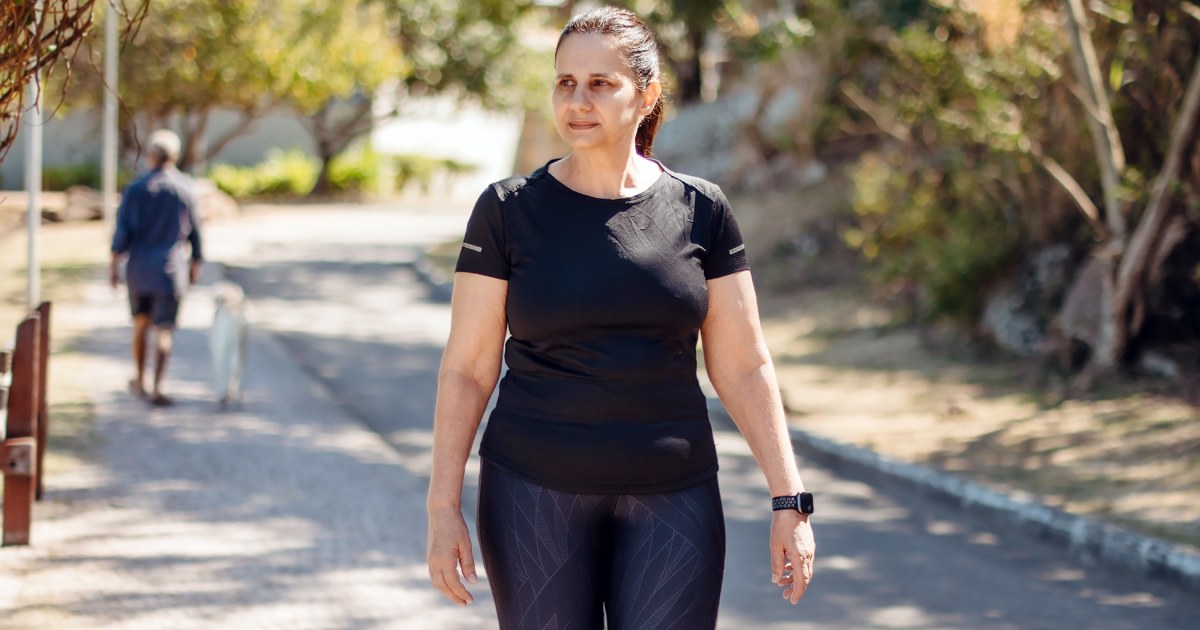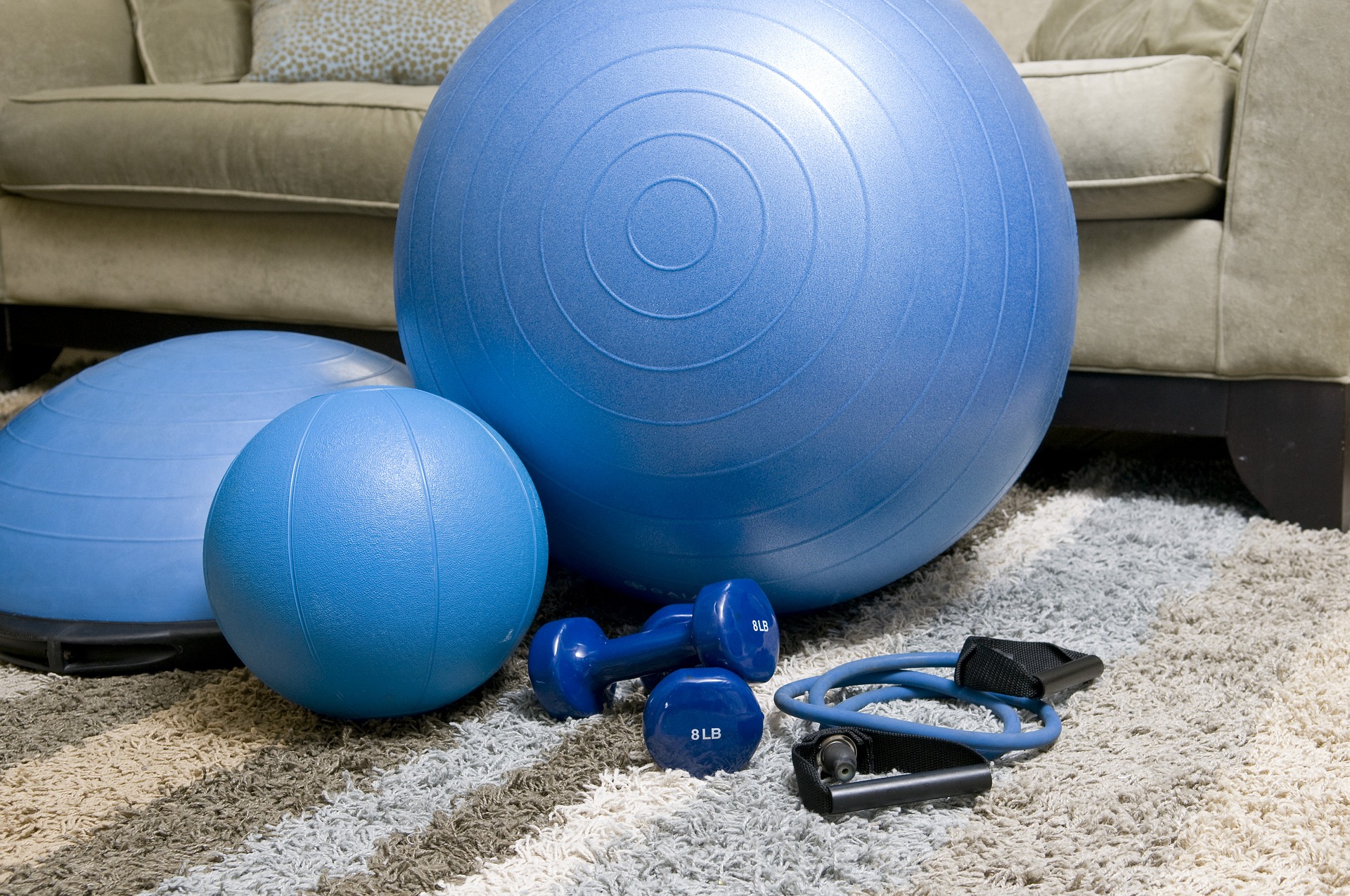Rushing into exercise can do you more harm than good.
January 16, 2022 9:31 p.m.
For many of us, exercise is part of our regular routine. And if you’ve “recovered” from Covid, it can be tempting to dive right back into it. Unfortunately, even if your symptoms disappeared, that would be a mistake.
Like tens of thousands of people, I caught the Covid for Christmas. I had a few days of fever, cough, sore throat, everything. “It’s either Covid or a very aggressive cold,” I texted my group chat, waiting for my PCR test result to come back. (It finally happened. Six days later.)
Uh no. Apparently not. In fact, anyone who has caught Covid should avoid resuming high-intensity exercise until around seven days after their symptoms resolve, according to Dr Andrew Keech.
“If you go too hard too soon, there’s a big risk of ‘long haul’ Covid,” he said SHE Australia.
He is an exercise science practitioner at the University of New South Wales, and he said that in the absence of clear guidelines and research on how to return to more intense exercise, play the Safety is crucial when it comes to aiding your recovery and avoiding a long Covid.
“Athletes are given medical support to rule out any underlying respiratory or cardiovascular issues like myocarditis (inflammation around the heart) resulting from the infection,” he said.
“The average person recovering from Covid doesn’t have that and so aims to err on the side of caution here. ‘Long-haul Covid’ seems like something not to mess around with.”
“The problem is that CFS patients experience what we call ‘post-exercise sickness’, or an exacerbation of their symptoms after strenuous exercise or stress,” he said.
“CFS is therefore one of those rare chronic diseases that is not helped by significant levels of exercise. Intense exercise tends to delay a patient’s recovery, so we generally recommend ‘graded activity’ and a ‘rhythm’ (i.e. short periods of light intensity evenly spaced throughout the day, within the limits of symptoms). We might reasonably assume that people with ‘long-haul Covid will need a similar recovery plan.”
“I certainly had guilty thoughts [about not exercising post infection] once in a while, but I quickly remember how important it is to rest and recover,” she said. SHE Australia.
“I have received countless messages from our beautiful KIC community members who also have Covid, wondering how to overcome feelings of guilt, so although we are all in isolation, we are certainly not alone.
What exercises to start after recovering from Covid
Once the fever and other symptoms have passed, Dr. Keech recommends resuming low-intensity exercise, such as walking or stretching.
“Stretching while lying on the floor or in bed is particularly helpful in minimizing the risk of dizziness due to poor blood pressure regulation during your illness,” he said.
“Listen to your body,” she advises. “I totally understand that moving your body can be very important to you, as it is to me, but if you push yourself too hard too soon, you may actually slow down your recovery. When you feel ready, start slowly with a gentle yoga. sink or go around the block.”
She also reminded people not to get too depressed if they weren’t as ‘strong’ or ‘fast’ as they were before Covid.
“Your body has been under a lot of stress and it’s important to take your time to slowly rebuild your strength and fitness,” she said. “You’ll get there, you just have to be patient. Keep monitoring how you feel and how you recover as you keep improving your workouts. And most importantly, remember to be kind to yourself.”
 AD Roberts
AD Roberts



